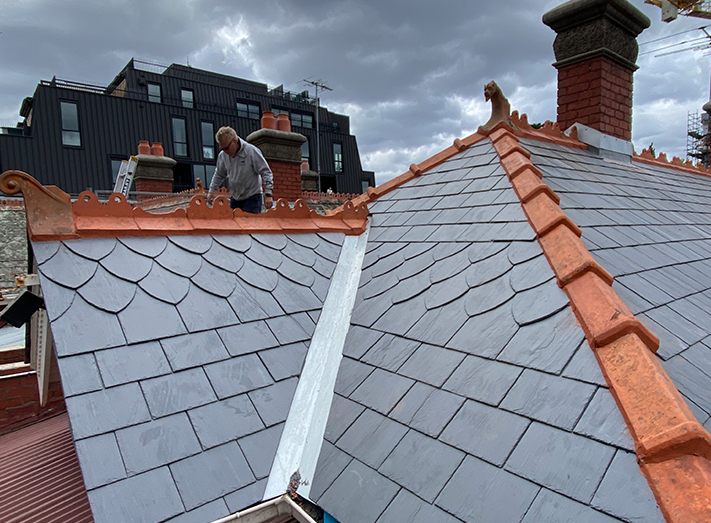When a storm wreaks havoc on your home, leaving your roof damaged and vulnerable, you expect your insurance company to come through for you. After all, that’s what insurance is for, right? Unfortunately, many homeowners find themselves facing a frustrating reality when their roof claims are denied by insurance companies. But why does this happen?
Let’s delve into the seven common reasons why insurance companies might deny roof claims.
1. Pre-existing Damage: One of the most common reasons for denied roof claims is pre-existing damage. Insurance companies typically won’t cover damage that occurred before the policy was in place or damage that has been neglected or left unrepaired for an extended period. So, if your roof already had issues prior to the storm, your claim might be denied.
2. Lack of Maintenance: Insurance policies often require homeowners to maintain their property adequately. Failure to do so can result in denied claims. If your insurance company determines that the damage to your roof could have been prevented or minimized with proper maintenance, they may deny your claim on the grounds of neglect.
3. Insufficient Documentation: When filing a roof claim, documentation is key. Insurance companies need evidence of the damage to process your claim effectively. If you fail to provide sufficient documentation, such as photos, videos, or professional assessments of the damage, your claim might be denied due to lack of evidence.
4. Policy Exclusions: Insurance policies come with exclusions, which are specific situations or types of damage that are not covered. It’s essential to review your policy carefully to understand what is and isn’t covered. Common exclusions related to roof claims may include damage caused by certain types of storms, such as hurricanes or earthquakes, or damage resulting from wear and tear.
5. Material Limitations: Some insurance policies have limitations on the types of roofing materials that are covered. For example, if your policy only covers certain types of roofing materials, such as asphalt shingles, and your roof is made of a different material, your claim may be denied. Similarly, if your roof exceeds the age limit specified in your policy, your claim might not be covered.
6. Incomplete or Inaccurate Information: When filing a roof claim, it’s crucial to provide accurate information about the damage and the circumstances surrounding it. Providing incomplete or inaccurate information can lead to delays or denials of your claim. For example, if you misrepresent the cause of the damage or fail to disclose previous claims, your insurance company may deny your claim based on misrepresentation.
7. Disputes Over Coverage: Sometimes, insurance companies and policyholders may disagree about the extent of coverage or the cause of the damage. If your insurance company believes that the damage to your roof is not covered under your policy or if they suspect fraud, they may deny your claim. In such cases, it’s essential to review your policy carefully and, if necessary, seek legal assistance to resolve the dispute.
In conclusion, there are several reasons why insurance companies might deny roof claims, ranging from pre-existing damage to disputes over coverage. To avoid the frustration of a denied claim, it’s essential to understand your insurance policy, properly maintain your property, and provide thorough documentation when filing a claim. If your roof sustains damage, don’t wait to file a claim—prompt action can help ensure that your claim is processed smoothly and that you receive the coverage you’re entitled to. For expert public adjuster and roof contractor referral services, turn to 411 Claims Help.



